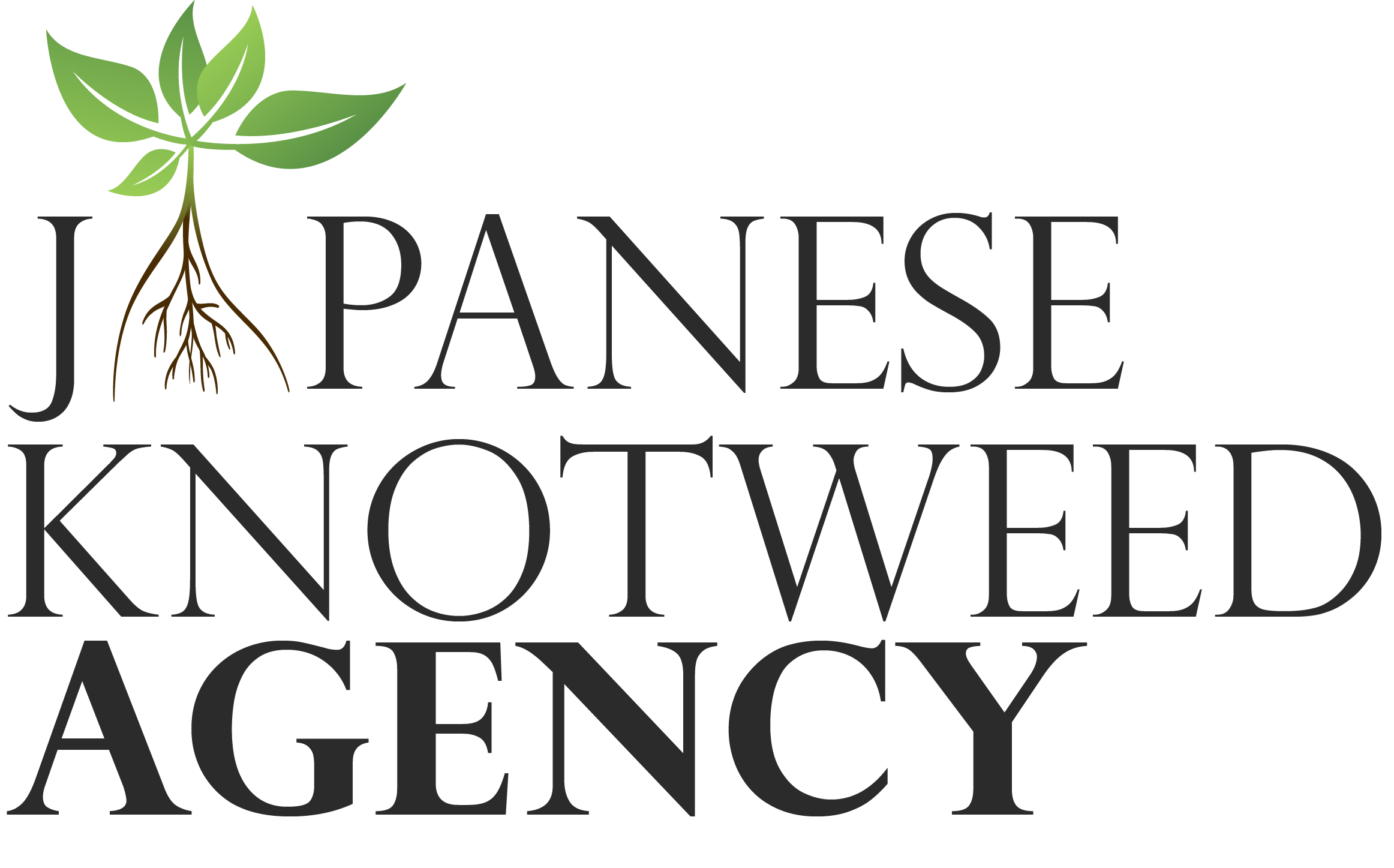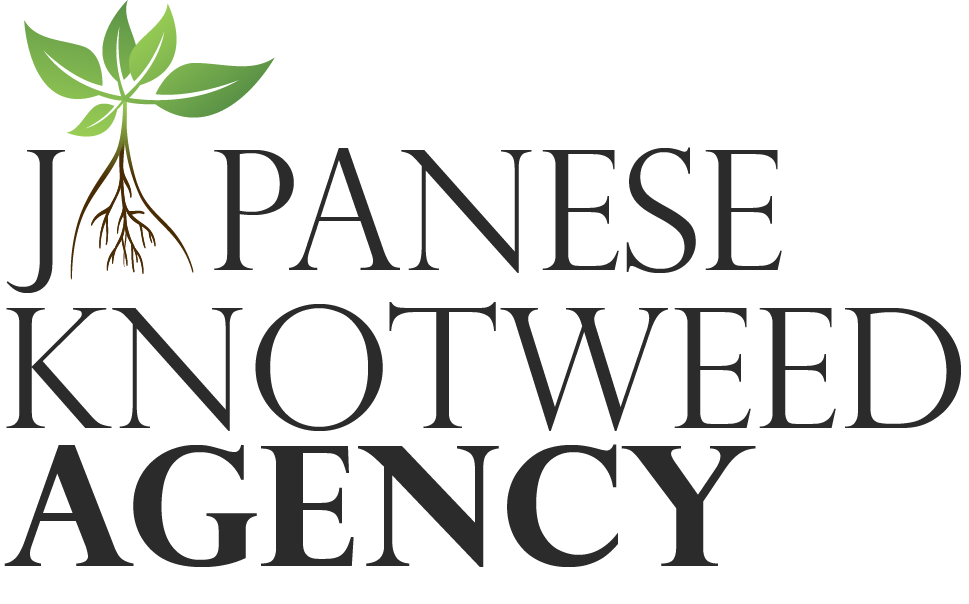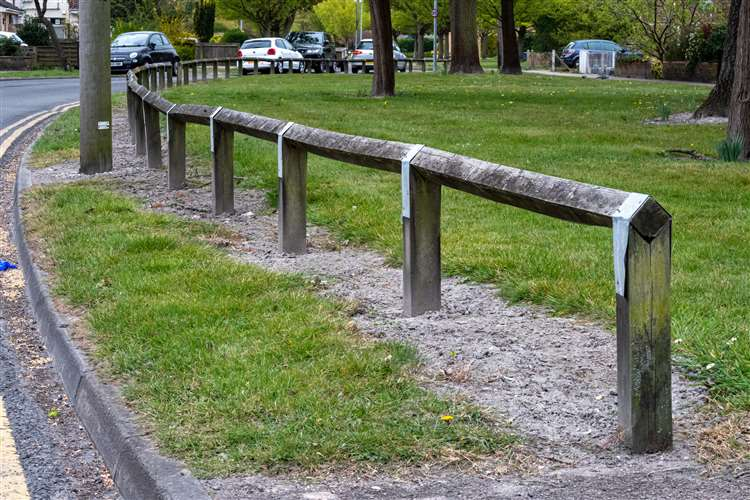Introduction: Glastonbury, a town famous for its rich history, mystical connections, and the globally renowned music festival, is also making waves in the environmental community with its recent decision to ban glyphosate. This forward-thinking initiative is in line with the town’s broader commitment to sustainability and ecological health. In this blog, we’ll take a closer look at why Glastonbury has introduced the glyphosate ban, what it means for local residents and businesses, and how thermo-electric treatment can help manage invasive plants like Japanese Knotweed in a safer, more eco-friendly way.
Why Glastonbury Has Banned Glyphosate:
The decision to ban glyphosate in Glastonbury comes as part of the growing movement across the UK to limit the use of harmful pesticides. This is particularly important in an area known for its unique cultural and environmental significance. Several factors have led to this decision:
- Health and Safety Concerns: Glyphosate has faced increasing scrutiny due to its potential health risks, including its links to cancer and other diseases. Glastonbury, known for its community-led environmental efforts, is prioritising the health of its residents and visitors by moving away from glyphosate-based products.
- Environmental Impact: Pesticides like glyphosate can have devastating effects on local ecosystems. From pollinators like bees to soil health, the use of chemical herbicides has long-lasting consequences. The ban in Glastonbury is an attempt to protect the town’s flora and fauna, particularly its native species.
- A Sustainable Future: Glastonbury has always prided itself on being a hub for progressive thinking and environmental consciousness. This glyphosate ban reinforces the town’s commitment to sustainability, promoting organic practices and reducing the reliance on toxic chemicals in everyday life.
What Does the Ban Mean for Glastonbury Residents?
For Glastonbury’s residents and local businesses, the glyphosate ban means that the traditional methods of weed control, including chemical herbicides, will no longer be allowed. This shift will require a move toward alternative weed management solutions that are both effective and environmentally responsible.
- Alternative Weed Control Solutions: As part of the transition away from glyphosate, Glastonbury residents and businesses will need to explore alternative methods for managing weeds. One such method is the thermo-electric treatment provided by Japanese Knotweed Agency. This cutting-edge technology uses heat to destroy the root systems of invasive plants, including Japanese Knotweed, without relying on chemicals.
- Supporting Local Wildlife: Glastonbury is home to a variety of native species, and the glyphosate ban is an important step in protecting these organisms. Thermo-electric treatments do not harm surrounding plants, animals, or pollinators, making it a safe and effective way to manage weeds without disturbing the local ecosystem.
- Fostering Public Awareness: As part of the ban, Glastonbury has also launched campaigns to raise awareness about the dangers of glyphosate and educate residents on safer alternatives. The thermo-electric service is one such method that the Japanese Knotweed Agency is introducing to local communities as part of the transition to more sustainable weed control.
What Is Thermo-Electric Treatment, and Why Is It a Great Solution for Glastonbury?
Thermo-electric treatment is an innovative solution for controlling invasive plant species like Japanese Knotweed. The method uses heat to target and kill the plant’s root system, preventing it from regrowing. This approach is incredibly effective and has several advantages over traditional chemical methods.
Here are some reasons why thermo-electric treatment is the perfect solution for Glastonbury’s glyphosate-free future:
- Eco-Friendly: Thermo-electric treatment does not use any harmful chemicals, making it an environmentally safe option for controlling invasive plants.
- Long-Term Effectiveness: The heat treatment targets the plant’s root system, ensuring long-term control over stubborn species like Japanese Knotweed.
- Non-Toxic to Surrounding Plants: The treatment only affects the targeted plant, leaving surrounding flora and fauna unaffected. This is essential in areas with delicate ecosystems, such as Glastonbury.
- Ideal for Sensitive Areas: For towns like Glastonbury, known for their cultural significance and natural beauty, maintaining a healthy ecosystem is crucial. Thermo-electric treatment provides a method that can help control invasive plants without compromising the environment.
The Benefits of Thermo-Electric Treatment for Glastonbury’s Gardens and Landscapes:
As more residents and businesses seek alternatives to glyphosate, the thermo-electric treatment provided by Japanese Knotweed Agency offers several benefits for the local community:
- Preserving Natural Spaces: Glastonbury’s parks, gardens, and public spaces can benefit from thermo-electric treatments by eliminating invasive plants like Japanese Knotweed, allowing native species to thrive.
- Protecting Property Value: Managing invasive plants such as Japanese Knotweed is crucial for maintaining property values in Glastonbury. The treatment helps prevent the spread of Knotweed, protecting homes and businesses from damage.
- Sustainable Practices: As Glastonbury embraces a more sustainable future, thermo-electric treatment offers a solution that is both effective and eco-friendly, aligning with the town’s green initiatives.
What’s Next for Glastonbury’s Weed Control?
The glyphosate ban is just the beginning of Glastonbury’s commitment to a greener, more sustainable future. Over the coming years, we can expect more residents and businesses to adopt eco-friendly solutions like thermo-electric treatment to tackle invasive species. As Glastonbury becomes a leader in environmentally-conscious practices, innovative methods such as this will be key to achieving long-term success in managing invasive plants.
Conclusion:
The decision to ban glyphosate in Glastonbury is a vital step in the town’s mission to create a healthier, safer, and more sustainable environment. As residents and businesses make the transition away from harmful chemicals, alternatives like thermo-electric treatment offer a reliable and eco-friendly solution for managing invasive plants, such as Japanese Knotweed, without harming the local ecosystem.
With the Japanese Knotweed Agency leading the way in providing eco-friendly, effective treatment options, Glastonbury is well on its way to maintaining its natural beauty while embracing sustainable practices.
Call to Action:
If you’re in Glastonbury and looking for a safe, effective solution for Japanese Knotweed or other invasive plants, the Japanese Knotweed Agency offers professional thermo-electric treatment services. Contact us today to schedule a survey and learn more about how we can help protect your property and the local environment from the damaging effects of invasive plants!
Next Steps: Stay tuned for more blog posts where we will continue to explore the growing movement against glyphosate, alternative weed control methods, and the importance of preserving our local ecosystems!
Call to Action: Contact the Japanese Knotweed Agency today to learn more about our sustainable solutions for managing invasive plants and ensuring a healthier environment. We’re here to help you keep your garden and property safe from harmful species like Japanese Knotweed.
EMAIL US: contact@japaneseknotweedagency.co.uk
CALL US: Freephone 03335 777 888
EMAIL WEB FORM: https://japaneseknotweedagency.co.uk/contact-us/


